Meanwhile, the sparrows who built their nests in eaves and ventilators of those old houses found them gone. The native trees and shrubs and bushes, where the sparrows foraged for food and roosted, had disappeared now, substituted by ornamental plants and trees in parks that may look pretty but don’t serve the same ecological role as the native plants had played for such a long time. The grains spilt from gunny sacks in front of neighbourhood grocery stores have now been replaced by supermarts where food is sold in plastic bags. Even the introduction of unleaded petrol during the mid-90s, which seemed to be a positive change for us, was not so much for the sparrows as the anti-knocking agent Methyl Tertiary Butyl Ether (MTBE) which replaced lead, might be killing off insects in tandem with the insecticides and pesticides we use for growing crops or in our few remaining home gardens. It may be noted here that the just-born sparrows don’t eat grains and instead depend on insects for nourishment. If one asks the common man, he often blames the introduction of mobile phones in the mid-90s as the cause for the disappearing sparrows. It may well be one of the reasons, but not the only one.
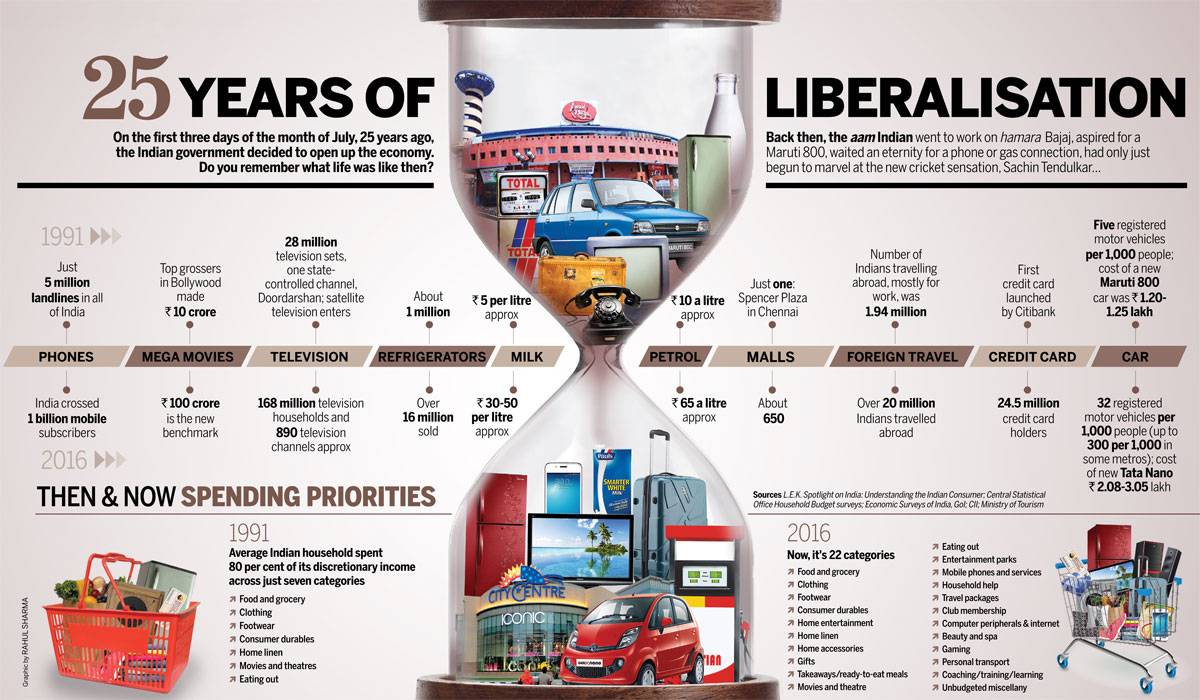
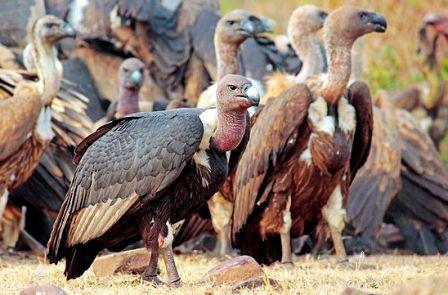
I am not sure how to end this article with hope, as I am having a hard time wrapping my head around the fact that sparrows may soon completely disappear from the urban landscape, and the future generations may not know what a sparrow is. Not just sparrows, many other species have too disappeared, like the flock of vultures in the 90s that scavenged at the garbage dumps. A modern mind may term this ‘catastrophe’ as progress, natural evolution or just a trifling matter. But, to me, it is just short-sightedness. We are so busy in this rat race that we don’t care what we lose in the process, how much destruction and havoc we create. Maybe it is time to slow down and look around; take small steps instead of giant leaps. Our progress might be hampered, but our growth will be all-inclusive and not self-obsessed.
If you have enjoyed reading the above post, please consider buying a copy of my book. KNOW MORE





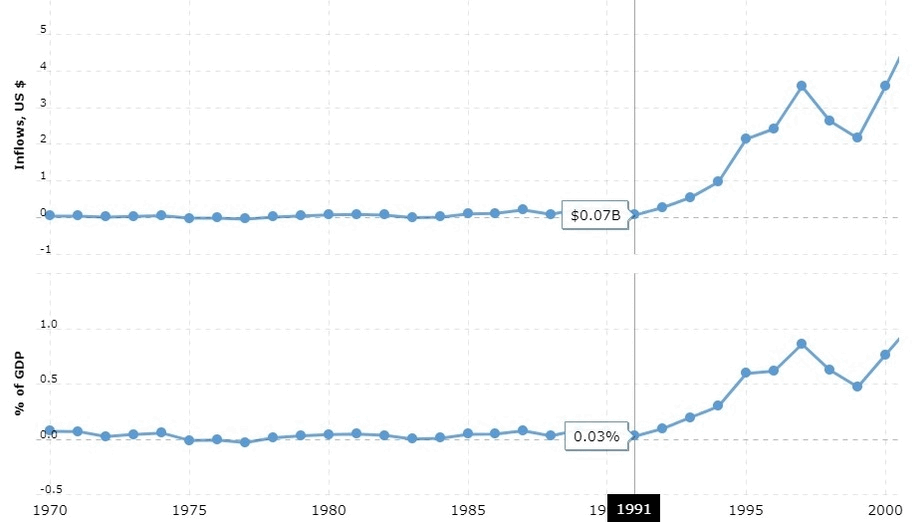
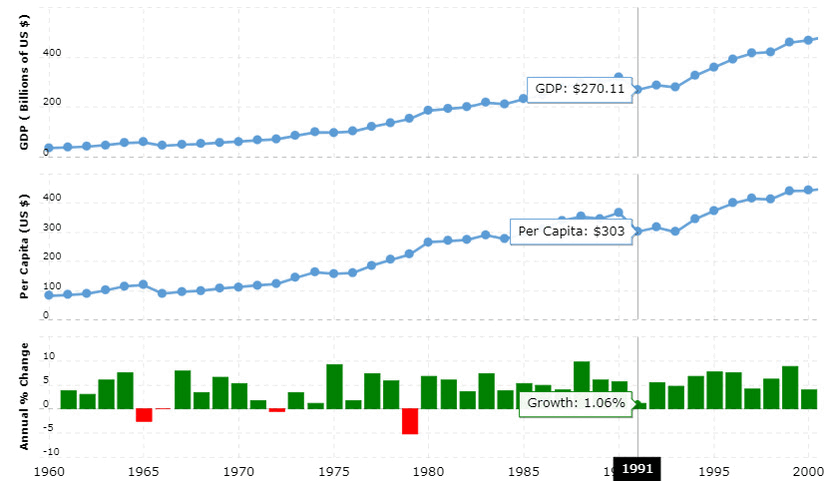
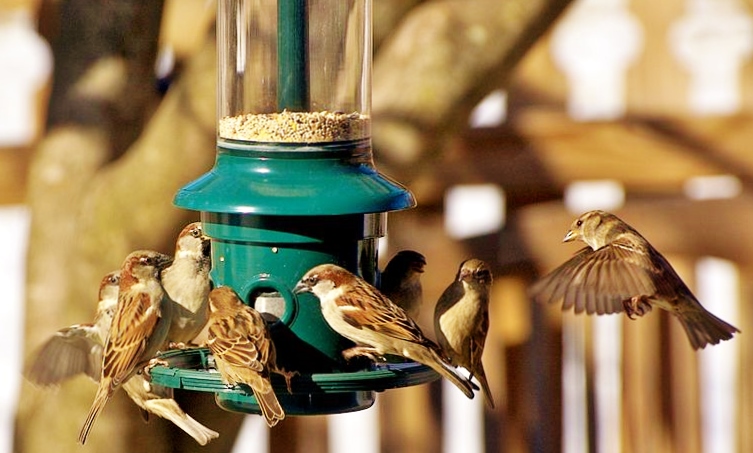
a thought-provoking one, love the details, specially, ” grandmother’s laugh when the sparrow s came back.
Thank you so much 😀
Some of the facts behind the almost disappearance of this species was really unknown.
Thank you for such a lovely topic
Thank you 😀
I also used to play with the sparrows in the park when I was just a kid but now I hardly see them. “We are so busy in this rat race that we don’t care what we lose in the process” – this quoted line is something.. like everyone knows about it no one cares.
Thank you Mukul 😀